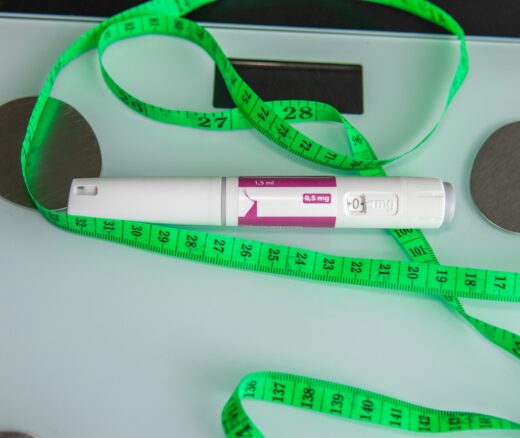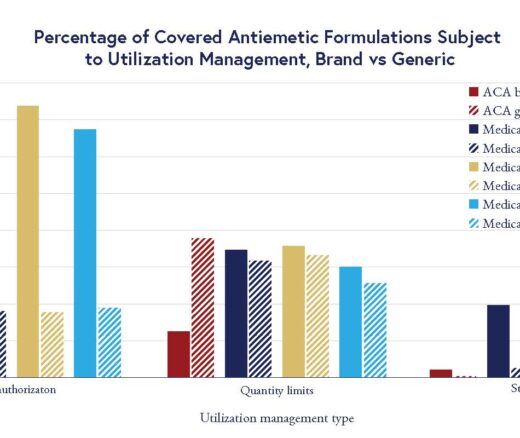
Medicare’s Hidden Fix for High Drug Costs
Medicare’s Payment Plan Can Ease Seniors’ Crushing Drug Costs but Medicare Buries it in the Fine Print
Blog Post
A cancer diagnosis brings challenges of illness and treatment side effects, and it also causes financial stress for many patients. Cancer-related financial hardship (financial toxicity) has been associated with adverse health and treatment outcomes, including poor adherence to treatment, anxiety and depression, reduced quality of life, and early mortality. Although many cancer centers have financial assistance programs for their patients, these programs are underused, despite the Patient Protection and Affordable Care Act of 2010, which requires that nonprofit hospitals implement a Financial Assistance Program and make it widely known to patients and community members. We interviewed gynecological oncology patients to understand why these programs are not more widely used.
Our conversations revealed four major barriers to accessing financial assistance programs at cancer centers.
In addition to revealing barriers to access, participants made suggestions on how to improve access.
Given the lack of awareness and perceptions of ineligibility among this group of patients, we suggest the following strategies for improving access: address stigma and misconceptions directly; provide clear, actionable, and accurate information; increase the simplicity and convenience of the application process; and provide personalized assistance throughout the process. We also suggest redesigning processes using the EAST framework, “an evidence-based strategy for making an organization’s desired outcomes “Easy, Attractive, Social, and Timely.”
We suggest that practitioners should be involved in developing an organization’s Financial Assistance Program to identify and engage patients who would benefit. Social workers and financial advocates should work together with hospital financial offices to create the best practice treatment for cancer patients experiencing financial toxicity.
The study “‘I Wish I Knew About These Programs Before!’ A Brief Report Exploring Barriers to Financial Assistance Reported by Gynecological Oncology Patients” was published December 14, 2022 in the Journal of Psychosocial Oncology. Authors include Meredith Doherty, Jessica Jacoby, and Francesca Gany.



Medicare’s Payment Plan Can Ease Seniors’ Crushing Drug Costs but Medicare Buries it in the Fine Print

Even With Lower Prices, Medicare, Medicaid, and Other Insurers Tighten Coverage for Drugs Like Mounjaro and Zepbound Using Prior Authorization and Other Tools

A 2024 Study Showing How Even Small Copays Reduce PrEP Use Fueled Media, Legal, and Advocacy Efforts As Courts Weighed a Case Threatening No-Cost Preventive Care for Millions

Chart of the Day: LDI Researchers Report Major Coverage Differences Across ACA and Medicaid Plans, Affecting Access to Drugs That Treat Chemo-Related Nausea

Insurers Avoid Counties With Small Populations and Poor Health but a New LDI Study Finds Limited Evidence of Anticompetitive Behavior

A Proven, Low-Risk Treatment Is Backed by Major Studies and Patient Demand, Yet Medicare and Insurers Still Make It Hard To Use